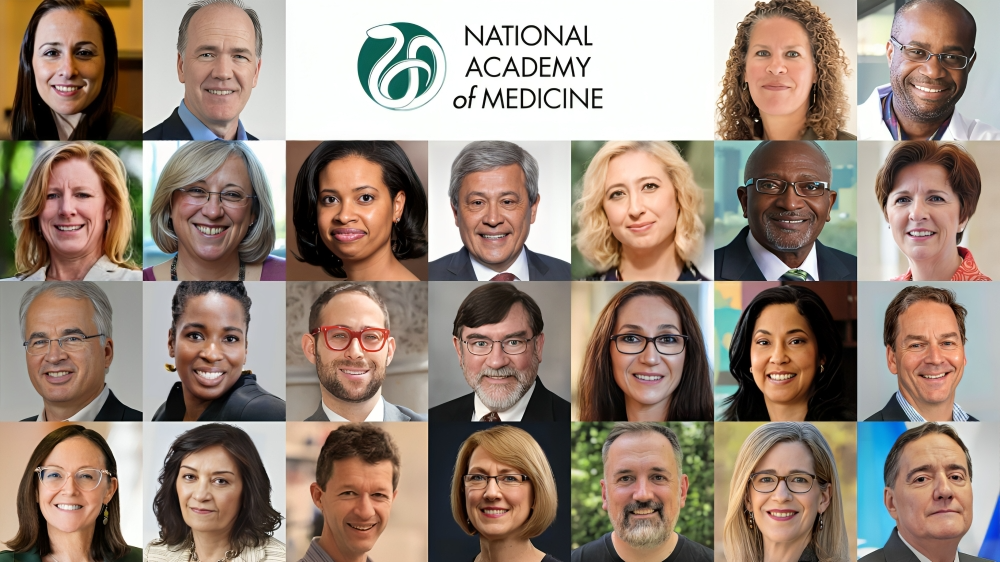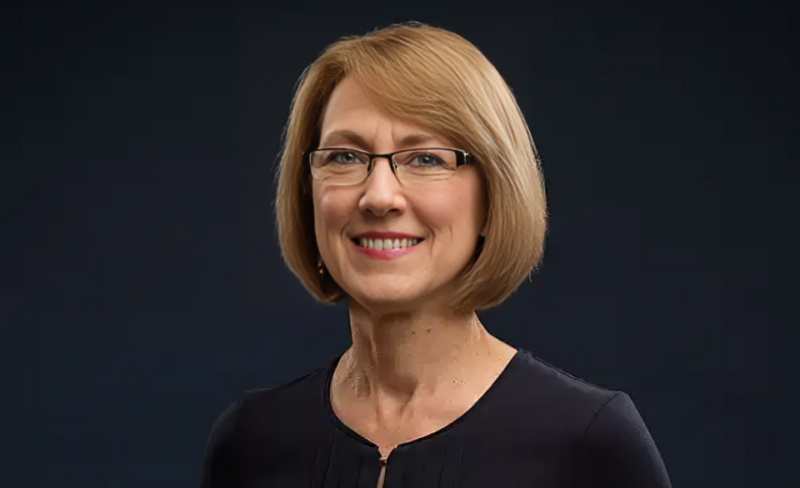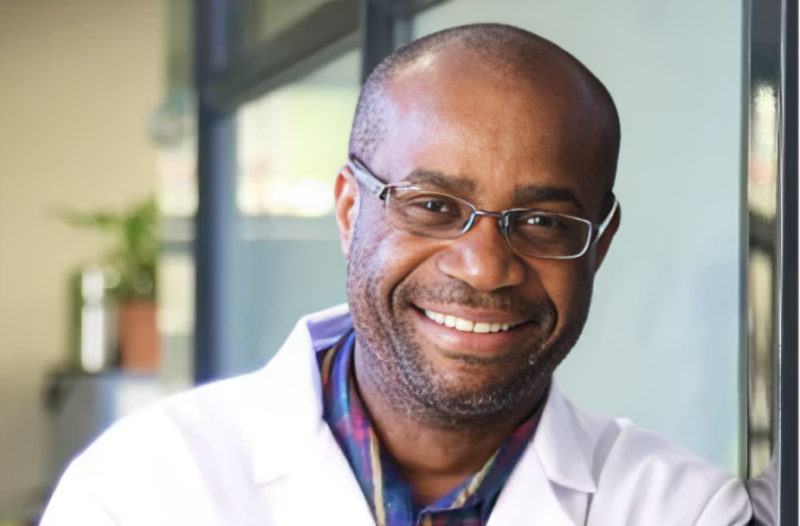During its annual meeting National Academy of Medicine announced the election of 90 regular members and 10 international members.
Election to the Academy is considered one of the highest honors in the fields of health and medicine and recognizes individuals who have demonstrated outstanding professional achievement and commitment to service.
The National Academy of Medicine (NAM), originally founded as the Institute of Medicine (IOM) in 1970, is one of the three academies that comprise the National Academies of Sciences, Engineering, and Medicine in the United States. With over 2,400 members elected by their peers for their outstanding achievements, NAM plays a crucial role in guiding efforts to improve health and healthcare.
Operating under the 1863 Congressional charter of the National Academy of Sciences, NAM is a private, nonprofit institution that provides objective advice on matters related to science, technology, and health. Its members are dedicated to volunteer service, contributing their expertise to advance the mission of NAM and the broader National Academies.
Regular Members:
Toyin Ajayi
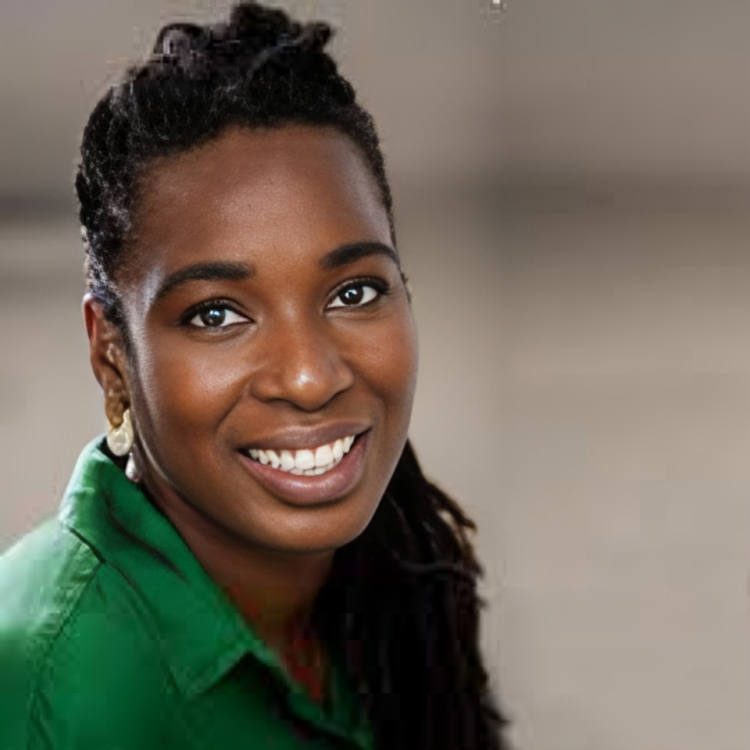
Toyin Ajayi, MD, MPhil, chief executive officer, Cityblock Health, Brooklyn, N.Y. For being an internationally renowned pioneer in primary care focused on improving outcomes for low-income and marginalized populations with complex health/social needs. She is CEO and co-founder of Cityblock Health, a mature and leading national model for primary care transformation and care integration for underserved populations.
Zoltan Pierre Arany
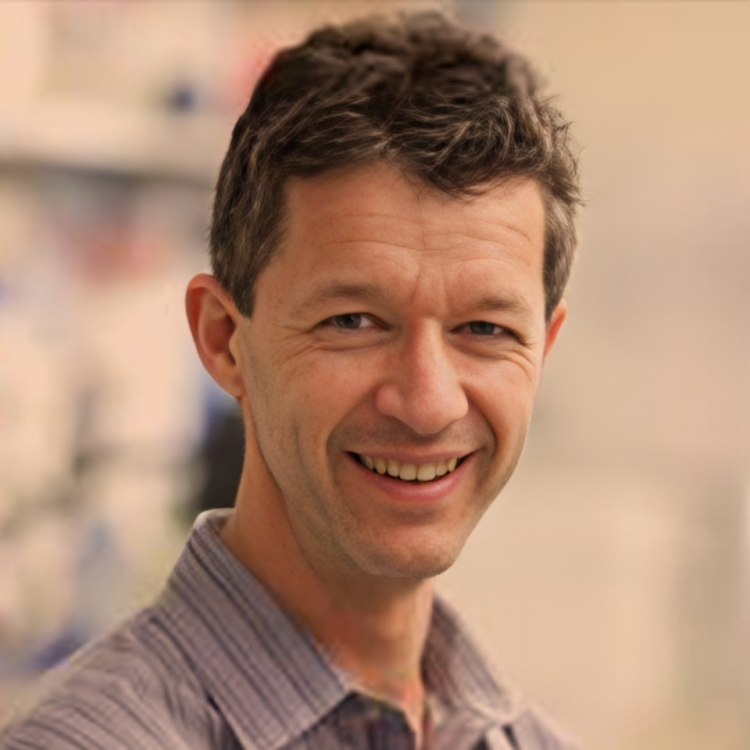
Zoltan Pierre Arany, MD, PhD, Samuel Bellet Professor of Cardiology, department of medicine, Perelman School of Medicine, University of Pennsylvania, Philadelphia. For elucidating the causes of peripartum cardiomyopathy, a leading cause of maternal death after pregnancy, and for his world leadership in quantitative metabolic studies to address mechanisms of cardiovascular diseases, including heart failure and insulin resistance.
Paola Arlotta
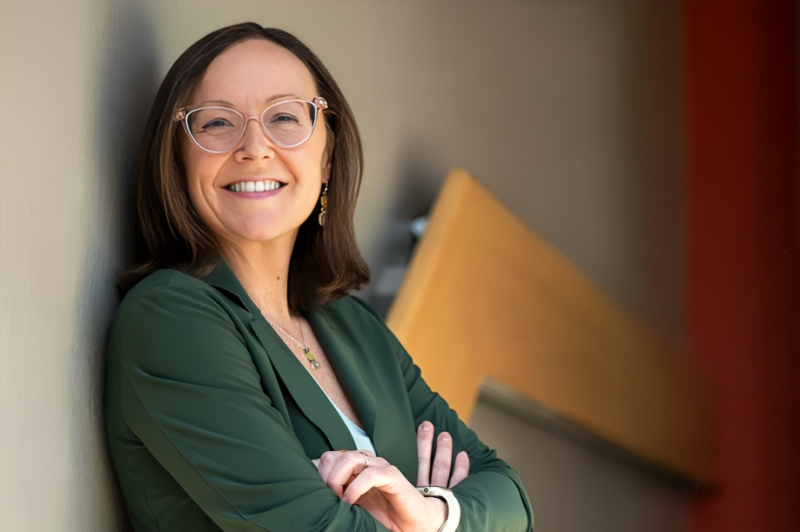
Paola Arlotta, PhD, Golub Family Professor, department of stem cell and regenerative biology, Harvard University, Cambridge, Mass. For pioneering work on the development and application of powerful stem cell-based models of the human brain, brain organoids, and for her foundational contributions to understanding processes of human brain formation and human neurological disease.
Carlos L. Arteaga
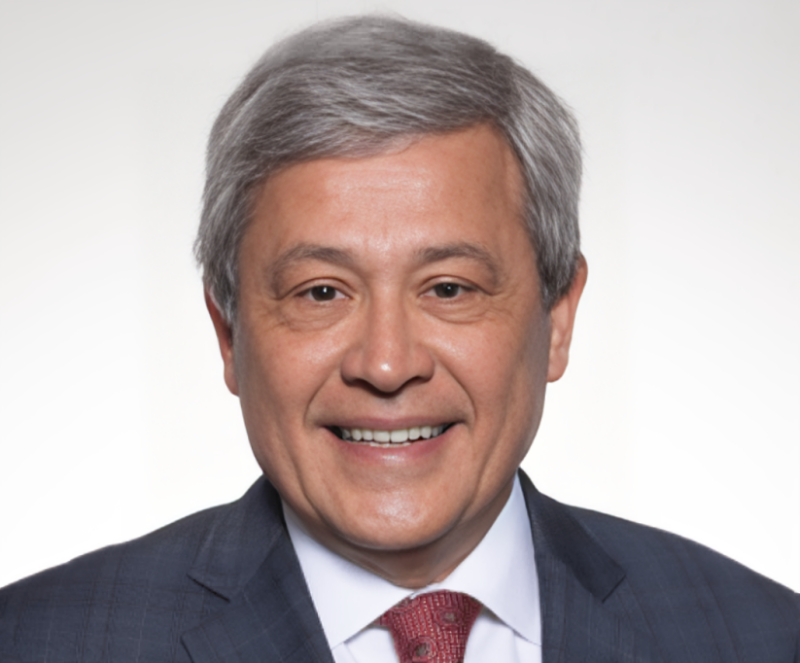
Carlos L. Arteaga, MD, professor and associate dean, oncology programs, and director, Simmons Comprehensive Cancer Center, University of Texas Southwestern Medical Center, Dallas. For discovering the role of TGFbeta in breast cancer progression, and of human epidermal growth factor receptor 2 (HER2) and PI3K mutations and FGFR1 amplification in drug resistance in breast cancer, laying the foundation for innovative neoadjuvant trials and approval of PI3K inhibitors. He was the first Hispanic American president of the American Association for Cancer Research.
Tracy L. Bale
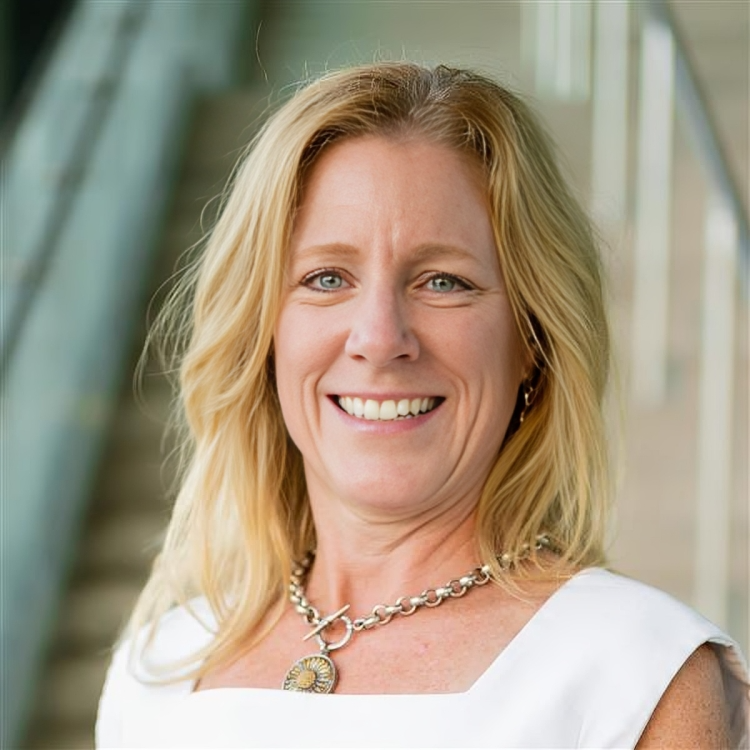
Tracy L. Bale, PhD, Anschutz Foundation Endowed Chair in Women’s Integrated Mental and Physical Health; professor, department of psychiatry; director, InterGenerational Stress and Health and of department of psychiatry sex differences research, University of Colorado, Aurora. For groundbreaking identification of novel biological mechanisms by which stress across the lifespan increases neuropsychiatric disease risk, pioneering work translating cellular processes into biomarkers in human disease, including the biological effects at the germ cell level involved in offspring neurodevelopment, and for her transformative engagement and inclusion of vulnerable populations.
Jonathan F. Bean
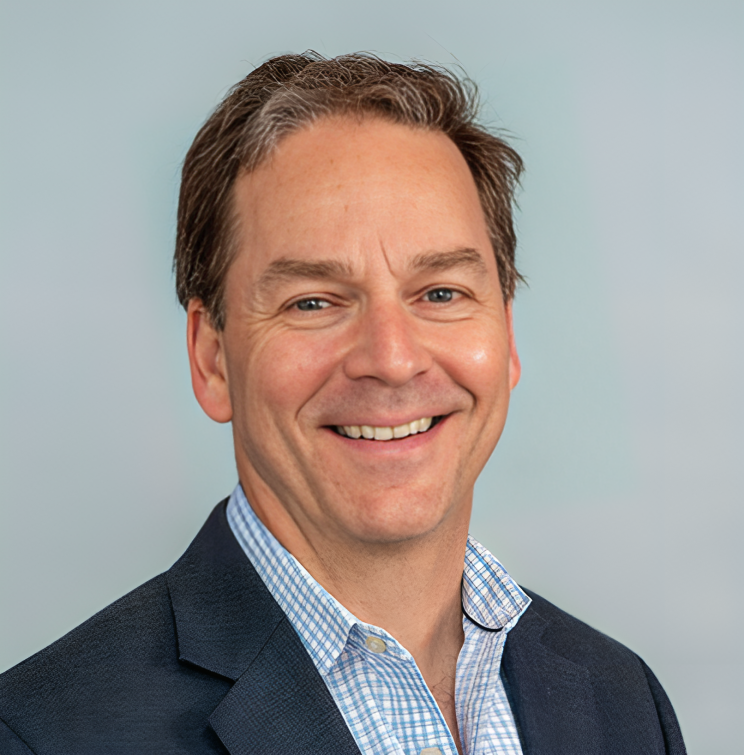
Jonathan F. Bean, MD, MPH, professor, department of physical medicine and rehabilitation, Harvard Medical School; and director, New England Geriatric Research Education and Clinical Center, VA Boston Healthcare System, Boston. For transformative work in applying multidisciplinary, precision medicine principles to rehabilitation that has reconceptualized health care systems and practice for geriatric/veteran populations to embrace personalized, data-driven approaches to healthy aging to achieve unprecedented caregiver support and reductions in falls, enabling them to maintain independence, productivity, and well-being in their communities.
Nina Bhardwaj
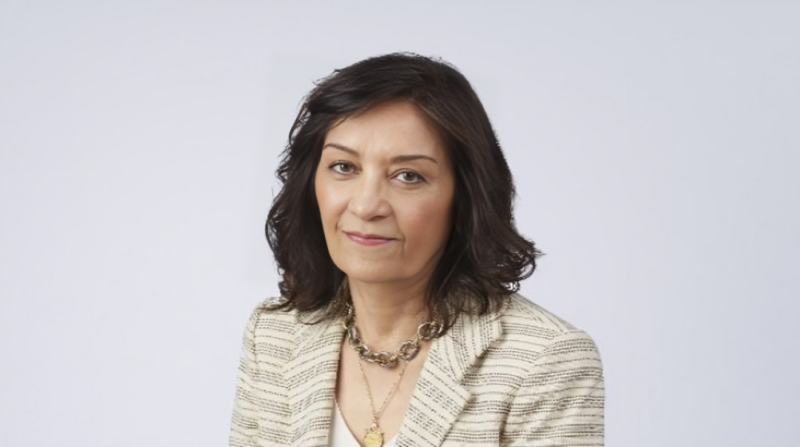
Nina Bhardwaj, MD, PhD, Waldman Chair in Cancer Research; professor of medicine (Division of Hematology and Medical Oncology) and urology; director of immunotherapy and medical director, Vaccine and Cell Therapy Laboratory, Icahn School of Medicine at Mount Sinai, New York City. For pioneering the discovery and function of human dendritic cell subsets, identifying cross-presenting pathways of antigen presentation impacting cancer and viral immunity, and establishing their potent adjuvant activity in humans, pivotal discoveries which underlie the first approval of a cell-based vaccine in cancer.
Maria Elena Bottazzi
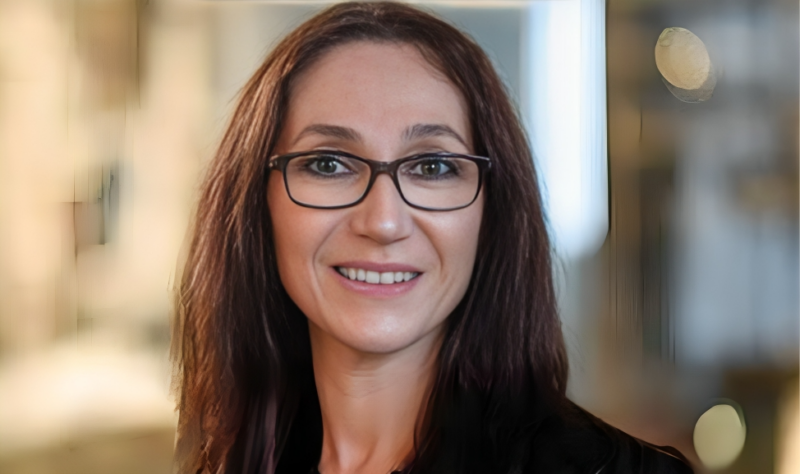
Maria Elena Bottazzi, PhD, professor, departments of pediatrics and of molecular virology and microbiology; and senior associate dean and division chief, National School of Tropical Medicine, Baylor College of Medicine, Houston. For work as a tropical and emerging disease microbiologist, vaccinologist, global health advocate, and co-creator of a patent-free, open source COVID-19 vaccine technology. She pioneers and leads the advancement of a robust infectious disease vaccine portfolio tackling diseases that affect disproportionally the world’s poorest populations.
Kathryn H. Bowles
Kathryn H. Bowles, PhD, RN, FAAN, FACMI, professor and van Ameringen Chair in Nursing Excellence, University of Pennsylvania School of Nursing; and vice president and director, Center for Home Care Policy and Research, VNS Health, Philadelphia. For work in accelerating the implementation of a learning health system via rigorous evidence in transitional care and advances in health information technologies. Bowles and her team have developed and commercialized a decision support tool for discharge planning to identify patients in need of post-acute care services. Her work with sepsis survivors resulted in a new ICD-10 code for sepsis aftercare.
Chiquita Brooks-LaSure
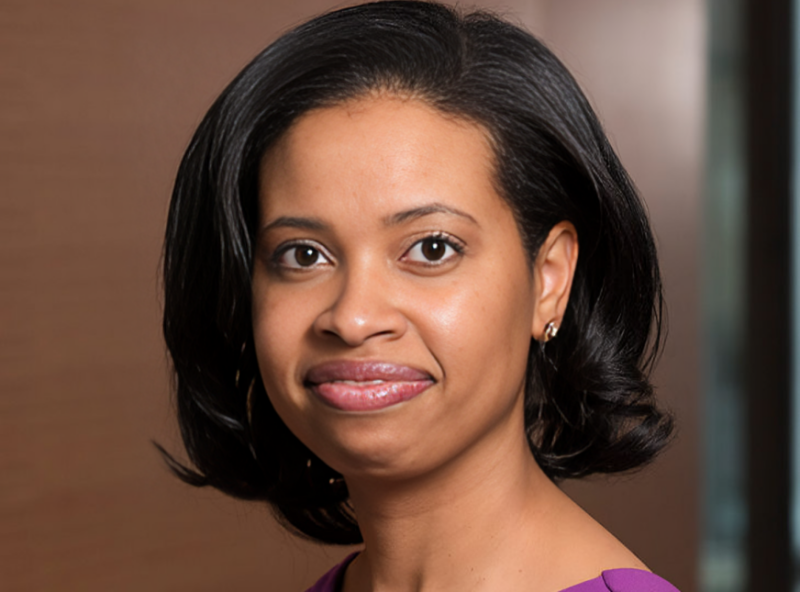
Chiquita Brooks-LaSure, MPP, administrator, Centers for Medicare and Medicaid Services, U.S. Department of Health and Human Services, Washington, D.C. For her long career of service in health policy, during which she helped to draft and implement the Affordable Care Act while working in Congress and the Obama administration. She is the first Black woman to lead the Centers for Medicare and Medicaid Services.
Robert D. Bullard
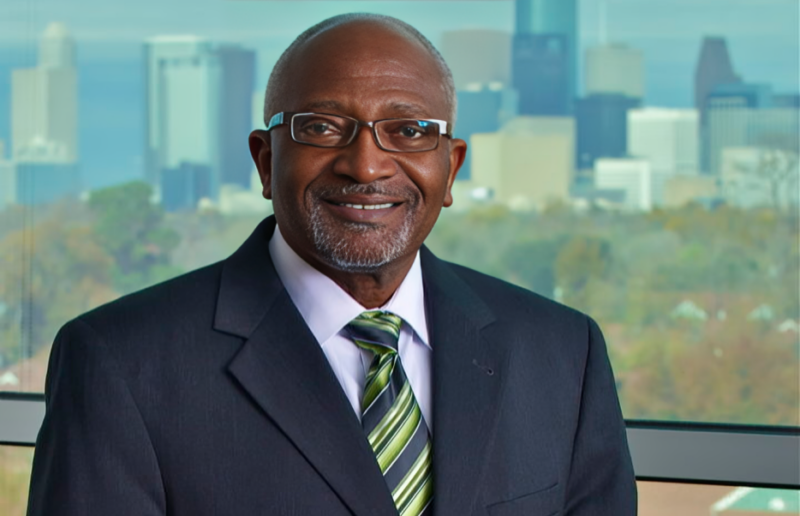
Robert D. Bullard, PhD, distinguished professor and director, urban planning and environmental policy, Bullard Center for Environmental and Climate Justice, Texas Southern University, Houston. For extraordinary vision, groundbreaking research, and sustained leadership to identify and end injustices affecting vulnerable people and places disproportionately harmed by pollution and climate change. Known as “the father of environmental justice,” he has long led the charge to dismantle systems and structures that create and maintain inequality.
Jason A. Burdick
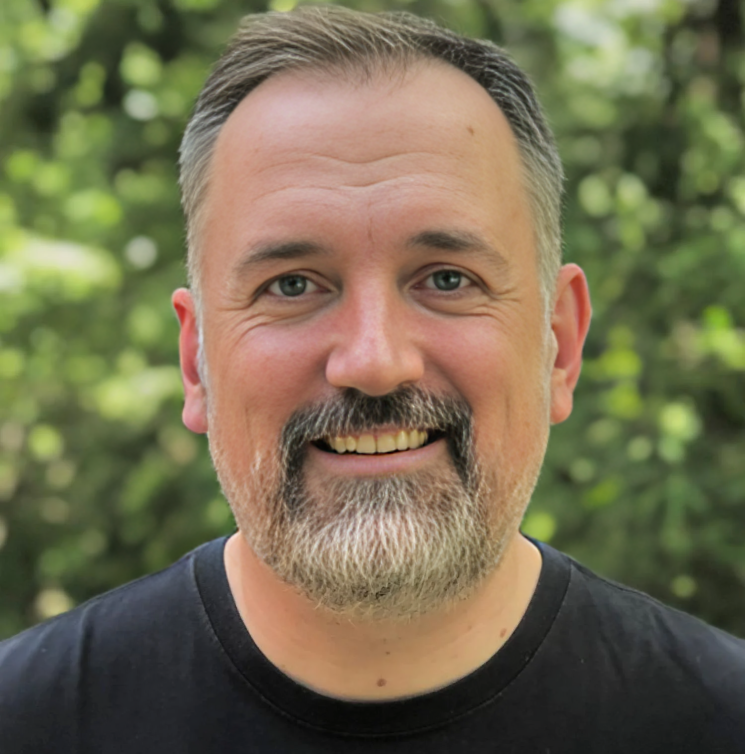
Jason A. Burdick, PhD, Bowman Endowed Professor, BioFrontiers Institute and the department of chemical and biological engineering, University of Colorado, Boulder. For innovative biomaterials and biofabrication techniques for application in in vitro models of biological and disease processes, as well as therapies for the repair and regeneration of injured musculoskeletal and cardiovascular tissues.
Jennifer D. Carlson
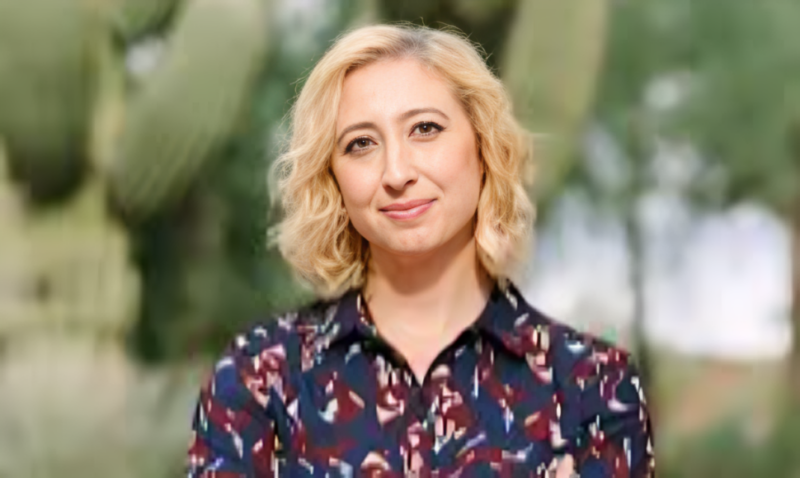
Jennifer D. Carlson, PhD, professor, Sanford School of Social and Family Dynamics, and founding director, Center for the Study of Guns in Society, Arizona State University, Tempe. For leadership in fostering understanding of how guns shape American lives, including those who survive gun violence, police who enforce the country’s complex gun laws, gun retailers on the front lines of gun purchasing, and the people who own and carry guns.
Bob S. Carter
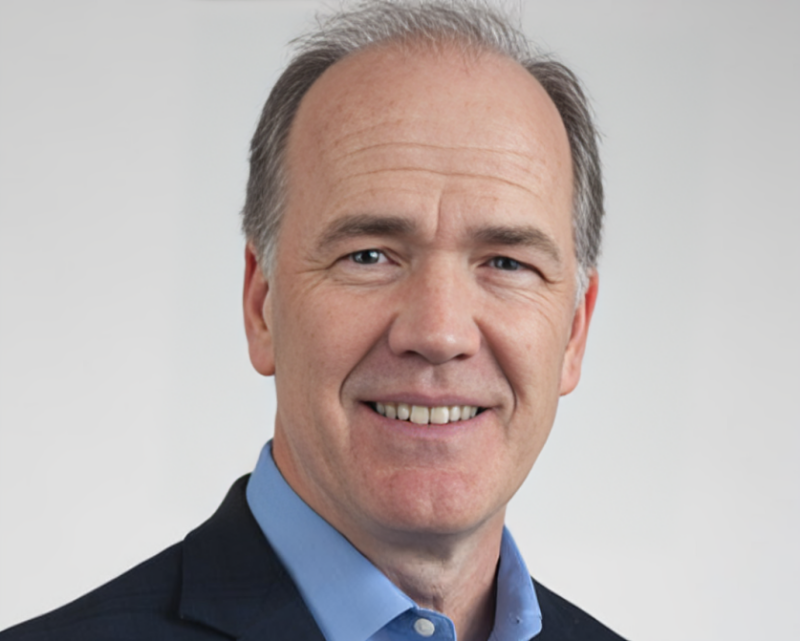
Bob S. Carter, MD, PhD, William and Elizabeth Sweet Professor of Neurosurgery, Harvard Medical School and Massachusetts General Hospital, Boston. For contributions to neurosurgery, neuro-oncology, central nervous system gene-/cell-based therapies, including the creation of CAR T cells against human glioblastoma (hGBM), discovery of extracellular vesicles in hGBM, and “first in man” use of induced pluripotent stem cell derived dopaminergic neurons for Parkinson’s disease.
Stephen Jacob Chanock
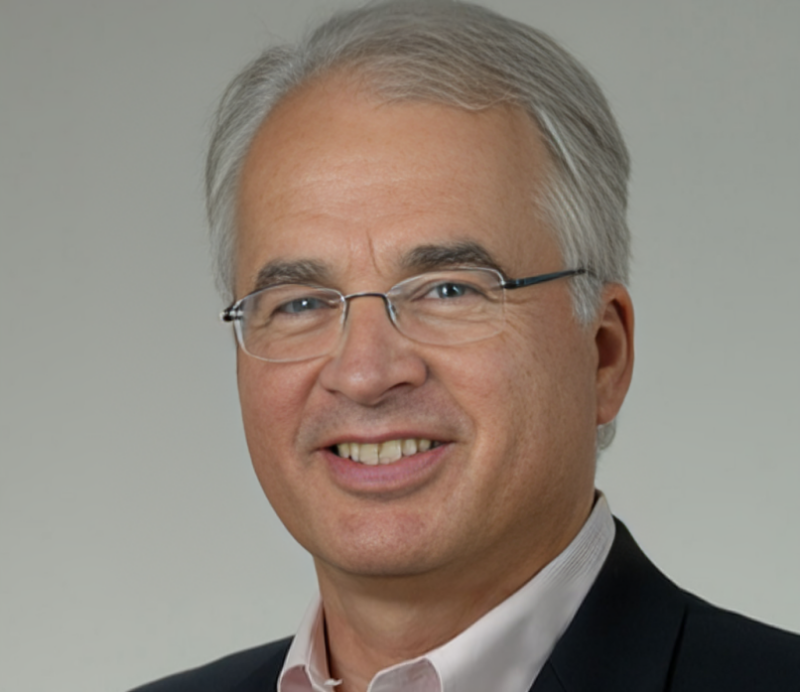
Stephen Jacob Chanock, MD, director, Division of Cancer Epidemiology and Genetics, National Cancer Institute, Rockville, Md. For being an international leader in cancer genetics, identifying susceptibility alleles in more than a dozen cancers. He has awards for first describing clonal mosaicism and its relationship to cancer and aging. He has created and fostered international consortia on BRCA genetics and COVID-19.
Christopher G. Chute
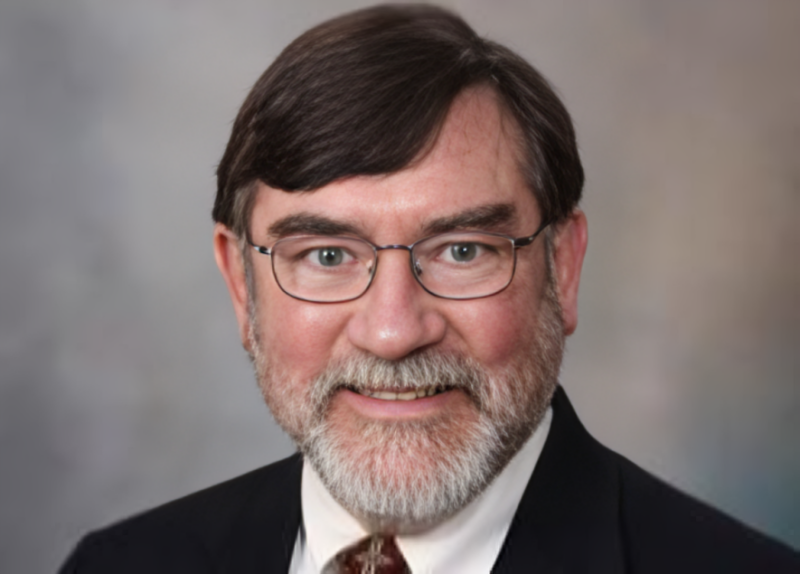
Christopher G. Chute, MD, DrPH, Bloomberg Distinguished Professor of Health Informatics, Schools of Medicine, Public Health, and Nursing, Johns Hopkins University, Baltimore. For long-standing leadership and innovation in representation of clinical and phenotyping data in computable form that has significantly influenced the structure and content of electronic health records and their reuse in translational research as real-world data, building on his basic work in biomedical ontology, clinical classification, and fair interoperability standards.
Janine Austin Clayton
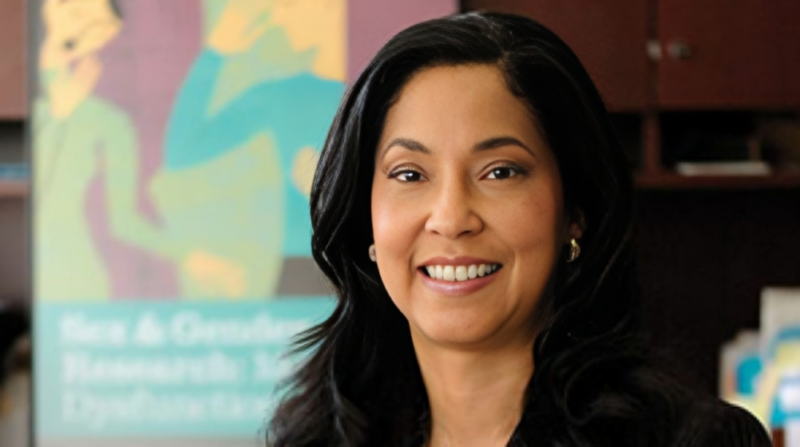
Janine Austin Clayton, MD, FARVO, director, Office of Research on Women’s Health, National Institutes of Health, Bethesda, Md. For advancing policy, program, and practice innovations to improve the health of all women by catalyzing integration of sex/gender factors across the biomedical research continuum to galvanize discovery and equity. She is the architect of NIH’s high-impact 2016 Sex as a Biological Variable policy, a landmark upgrade for research.
Glenn Cohen
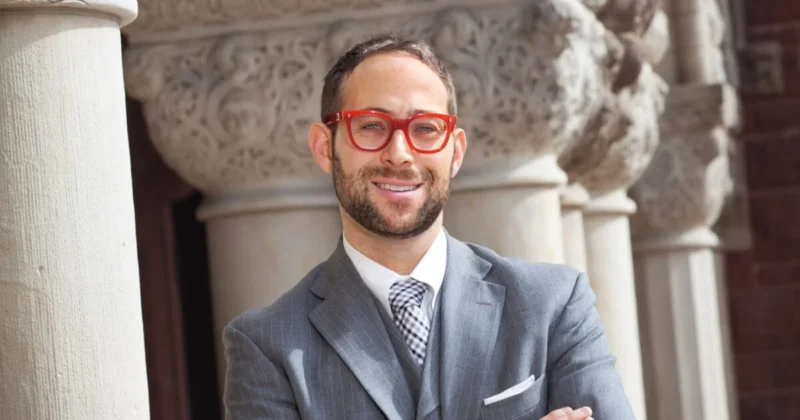
Glenn Cohen, JD, deputy dean and James A. Attwood and Leslie Williams Professor of Law, Harvard Law School, Harvard University, Cambridge, Mass. For scholarship on bioethics and health law in the U.S. and globally, including pioneering work on AI/big data and health, abortion, reproductive rights and technologies, therapeutic use of psychedelics, and LGBTQ rights. He is unequaled in organizing major scholarly collaborations, and is a leading bioethical voice in the media.
Lisa M. Coussens
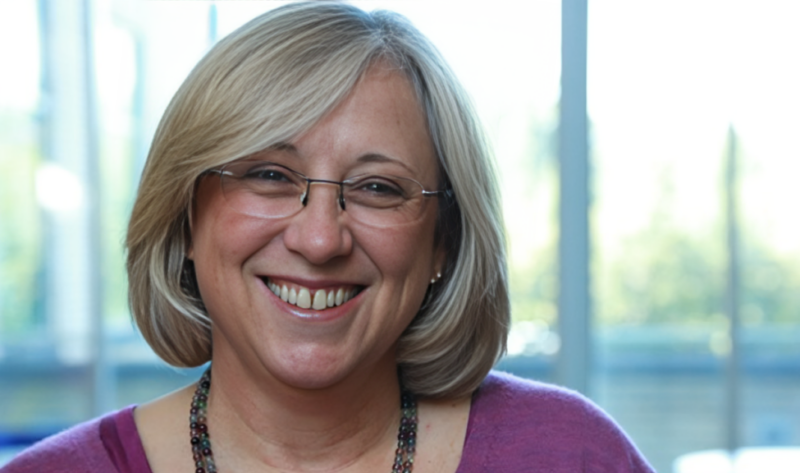
Lisa M. Coussens, PhD, FAACR, FAIO, professor and chair, department of cell, developmental, and cancer biology, and deputy director for basic and translational research, Knight Cancer Institute, Oregon Health & Science University, Portland. For paradigm-shifting mechanistic studies on inflammation and cancer that identified B cell and myeloid cell significance in fostering solid tumor progression and hindering therapeutic responses. Coussens subsequently conducted proof-of-concept clinical studies, successfully demonstrating that targeting B cell or myeloid-based molecular pathways yield systemic and tumor immune reprogramming that fosters anti-tumor immunity.
Lindset A. Criswell
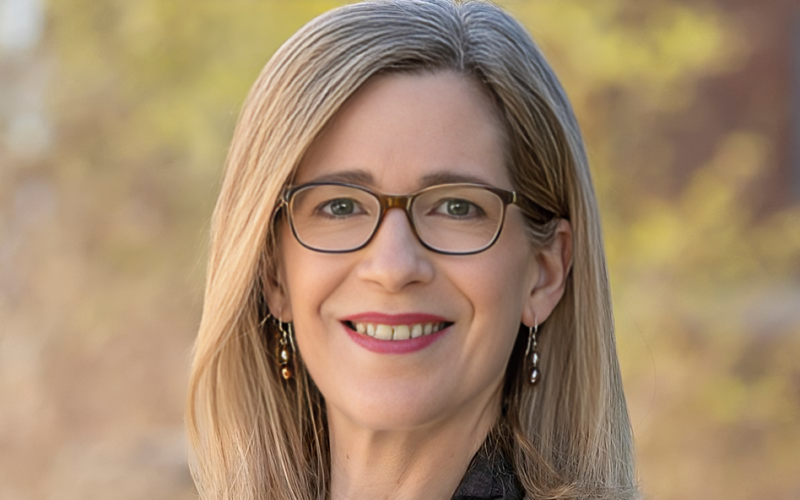
Lindsey A. Criswell, MD, MPH, DSc, director, National Institute of Arthritis and Musculoskeletal and Skin Diseases, National Institutes of Health, Bethesda, Md. For defining genetic and epigenetic contributions to development of autoimmune rheumatic disorders and their relationship to specific serologic and clinical phenotypes and to genetic ancestry of patients. Her work has transformed understanding of the pathogenesis of lupus, rheumatoid arthritis, Sjögren’s disease, and related diseases.
Chinazo Opia Cunningham
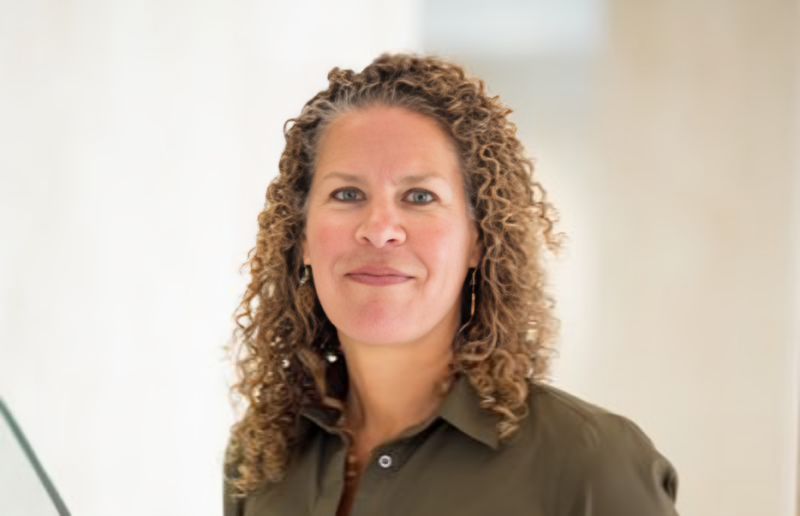
Chinazo Opia Cunningham, MD, MS, commissioner, New York State Office of Addiction Services and Supports, New York City. For being a national and international leader in the conceptualization of addiction, the development of evidence-driven programmatic innovations in treatment, and the rigorous evaluation of program effectiveness. As commissioner of New York State’s Office of Addiction Services and Supports, she leads one of the largest addiction treatment systems in the U.S.
Leemore Dafny
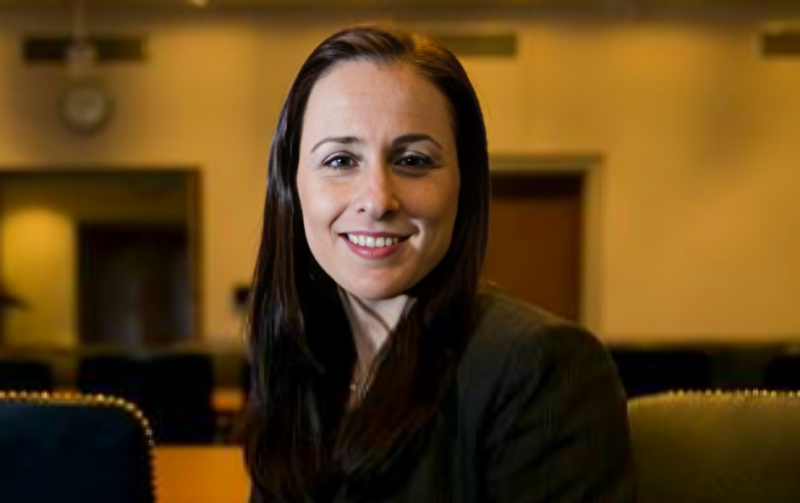
Leemore Dafny, PhD, Bruce V. Rauner Professor of Business Administration, Harvard Business School; and professor of public policy, Harvard Kennedy School, Boston. For path-breaking work in illuminating where health care markets succeed and fail, including powerful insights regarding market consolidation, strategic decisions of market participants, and policy solutions to market failures. Her research on competition in health care appears in leading journals, and she has testified and provided advice to government agencies and congressional committees at the highest levels.
Teresa A. Davis
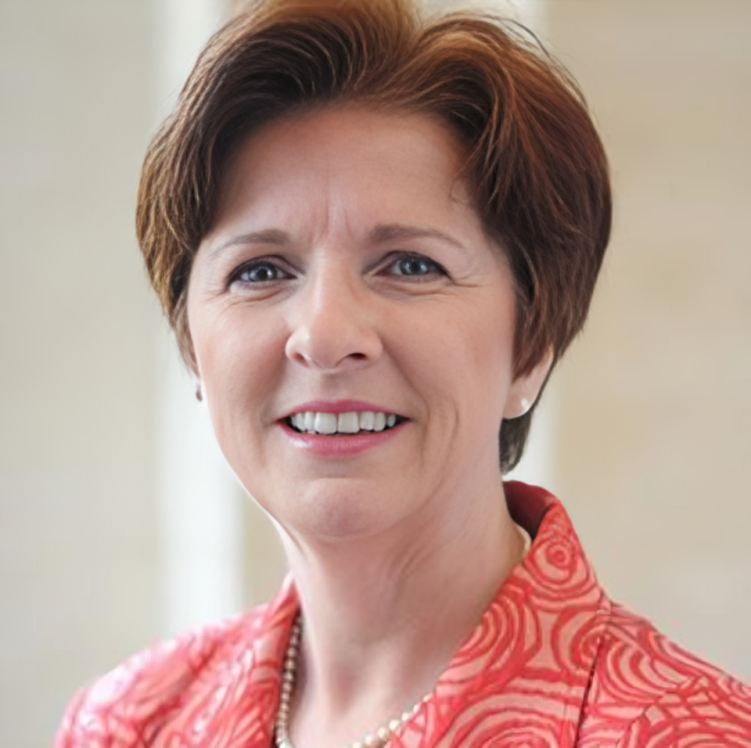
Teresa A. Davis, PhD, professor, department of pediatrics, Children’s Nutrition Research Center, Baylor College of Medicine, Houston. For international expertise on the nutritional regulation of growth, having identified fundamental mechanisms by which nutrients regulate muscle protein synthesis and growth, with direct implications for improving lean growth and health of infants. She is a global leader on protein and amino acid requirements.
International Members
Jarbas Barbosa da Silva Jr.
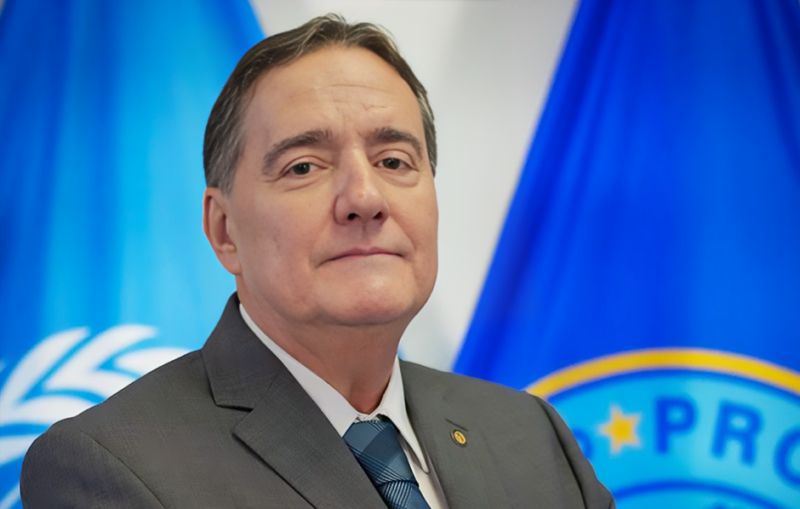
Jarbas Barbosa da Silva Jr., MD, MPH, PhD, director, Pan American Health Organization, Washington, D.C. For making important contributions as the head of Brazil’s health surveillance and regulatory authority. As director of the Pan American Health Organization, he brings a relevant regional perspective to health equity.
Kelly Chibale
Kelly Chibale, PhD, professor of organic chemistry, department of chemistry; and founder and director, Holistic Drug Discovery and Development Center, University of Cape Town, Cape Town, South Africa. For pioneering infectious disease drug discovery on the African continent. He has led international project teams including one that discovered the first small molecule clinical candidate for any disease, researched on African soil by an African-led international team.
Stay tuned for part 2 by visiting oncodaily.com


